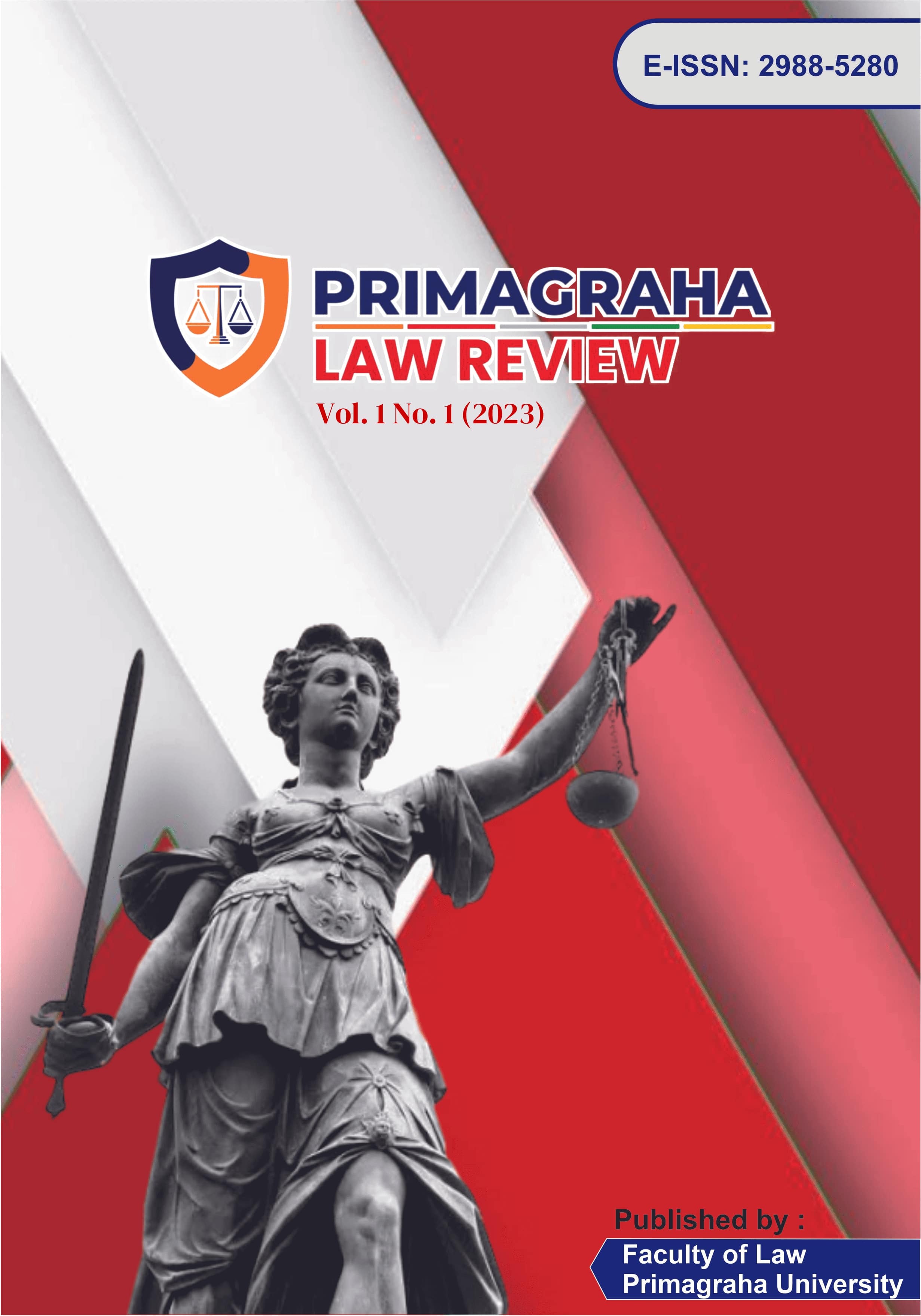Hilangnya Eksistensi Kekhususan Tindak Pidana Korupsi Dalam RKUHP
DOI:
https://doi.org/10.59605/plrev.v1i1.354Keywords:
Special Crime, Corruption, RKUHPAbstract
Corruption is an extraordinary crime, or it can be called Extraordinary Crime, so that corruption has a position that is different from other general crimes such as persecution, murder, theft, and others. We can see that the law regarding criminal acts of corruption is contained in Law Number 21 of 2001 Amendments to Law Number 31 of 1999 Concerning Eradication of Corruption Crimes. The research method that will be used in this research is normative. Normative research is research that focuses on a problem, such as correlating one with another. The legal materials in this study employ both primary and secondary methods, with the primary focusing on issues that will be addressed through legislation and the secondary on the legitimacy of government institutions. While secondary, taking legal materials through books, journals, and other written works The imposition of sanctions in the explanation above is not in accordance with the principle of a specific crime, which imposes the most severe sanctions on the perpetrators. Giving heavy sanctions to perpetrators does not reduce corruption cases; moreover, the RKUHP actually makes it easier. This will potentially increase corruption cases in Indonesia, where corruption crimes are difficult to enforce by law enforcers. Elements of society play a very important role in the existence of criminal acts of corruption in the RKUHP. feel that the policies issued by the government are inappropriate, and we are trying to solve this problem. As a result, when the RKUHP was passed, the public began to understand the existence of articles in the RKUHP, particularly given the specifics of corruption.

















